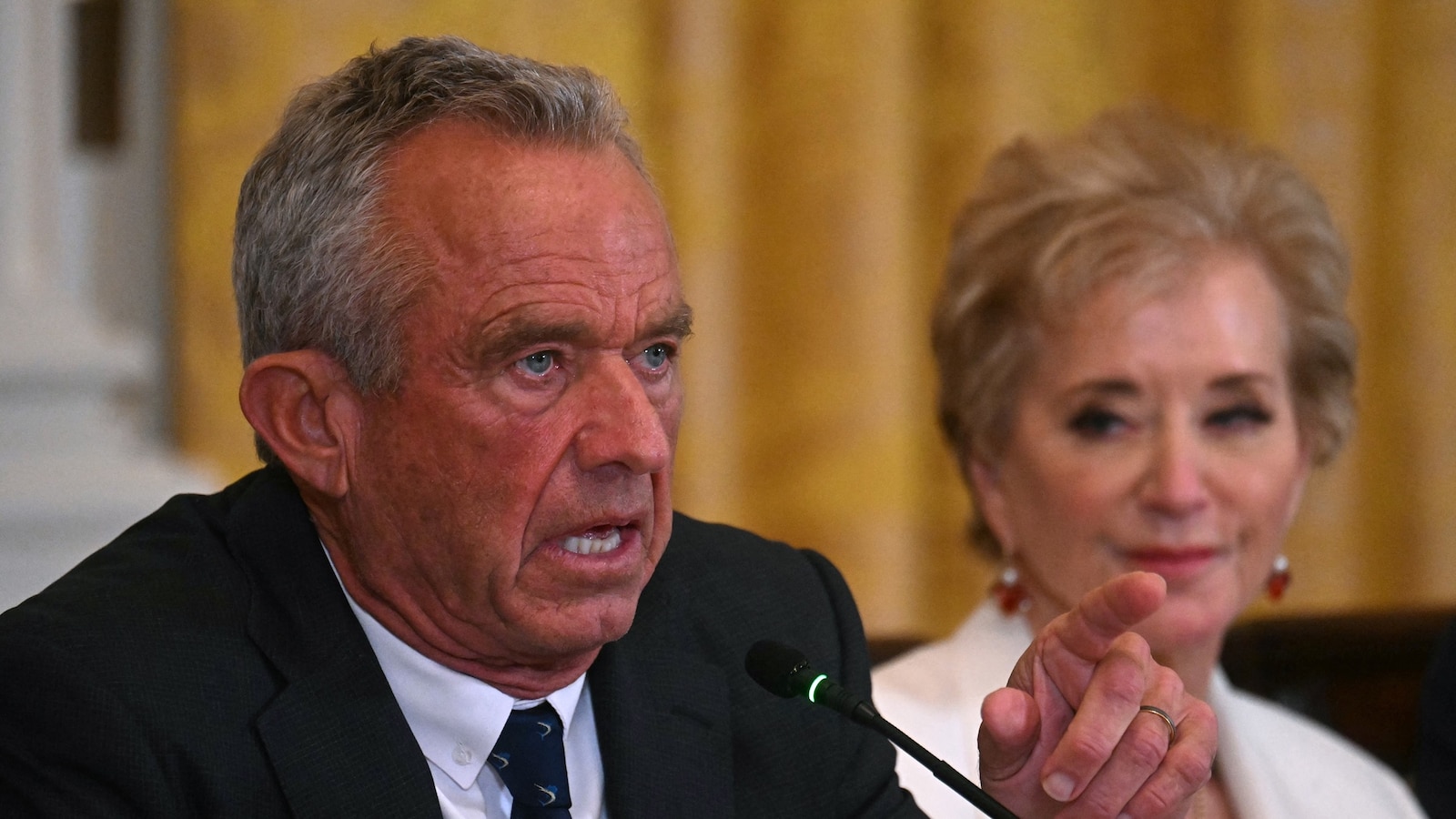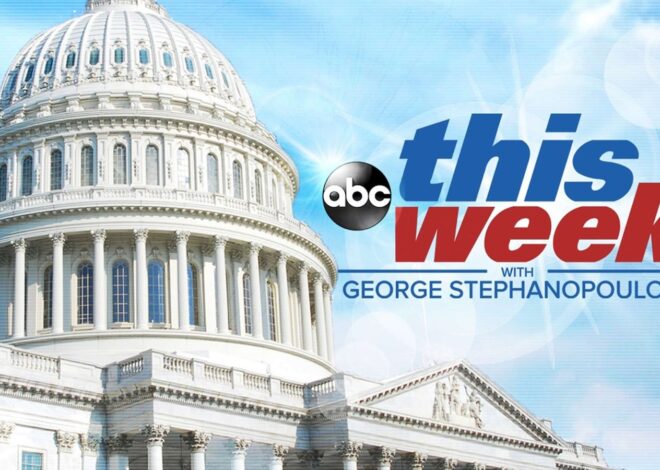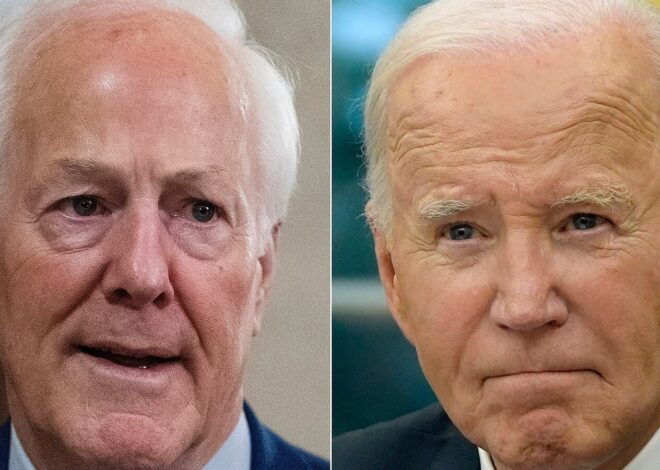
Non-Existent Studies Found in RFK Jr.’s MAHA Report
Concerns Arise Over Citation Errors in Major Health Report
Maybe it was just a quiet headline at first, but it’s curious how quickly things can shift. A significant report released by the Trump administration, titled “Make America Healthy Again” (MAHA), has drawn unexpected attention. Certain studies referenced within the report do not seem to exist as claimed, sparking an investigation that leaves one wondering about the integrity of the entire document.
Dr. Katherine Keyes, a researcher cited as a primary author on adolescent mental health, found her name attached to a non-existent paper. This apparent citation error left her baffled. She expressed concern, emphasizing that citation practices are crucial in maintaining the rigor of scientific research. Yet, she noted a lack of communication from the MAHA committee, though she offered to help correct the report.
Adding to the confusion, representatives from respected journals like the American Academy of Pediatrics and JAMA Network confirmed the absence of cited studies in their records. It paints a rather unsettling picture of a report that was initially presented with such authority.
White House press secretary Karoline Leavitt assured the public that these issues stemmed from “formatting problems” and that corrections were underway. She maintained that the substance of the report remains intact, reinforcing confidence in Secretary Robert F. Kennedy Jr. and his team. Still, it’s hard to ignore the irony of a health report, meant to illuminate chronic disease issues, being marred by such fundamental errors.
Calley Means, a senior adviser, stood by the report, claiming the data and conclusions were accurate despite the formatting errors. An updated version has since removed non-existent studies, replacing them with legitimate sources. It’s a bit of a patchwork now, with softened language and adjusted claims. For example, the report’s stance on direct-to-consumer advertisements initially claimed these ads caused parents to overestimate ADHD prevalence. The revised text suggests a more tentative impact, reflecting the adjustments made to accommodate factual accuracy.
Amidst these updates, Andrew Nixon, an HHS spokesman, called the MAHA report a “historic and transformative assessment,” urging media to focus on its core message. Kennedy, meanwhile, has proposed an unconventional path forward: directing federal researchers away from peer-reviewed journals, like The Lancet and JAMA, which he called “corrupt.” Instead, he envisions the National Institutes of Health developing its own journals.
One might think these developments highlight deeper issues within the process of creating such reports. The MAHA report boasted over 500 citations, mostly from reputable journals, but errors like these throw the spotlight on its credibility. It’s curious how something intended to be so authoritative could stumble over what some might consider basic scholarly practices.
If anything, this situation underlines the essential nature of citations in research. They serve as a roadmap to the research process, yet in the MAHA report, some citations lead nowhere, resulting in DOI not found errors. Perhaps this oversight is a reminder of the meticulous work required to build trust and accuracy in public health documents.
For more on this story, ABC News offers insights into the unfolding situation. It’s a curious case indeed, and one that maybe teaches us all a little about the importance of details… and perhaps how easily they can slip through the cracks.



